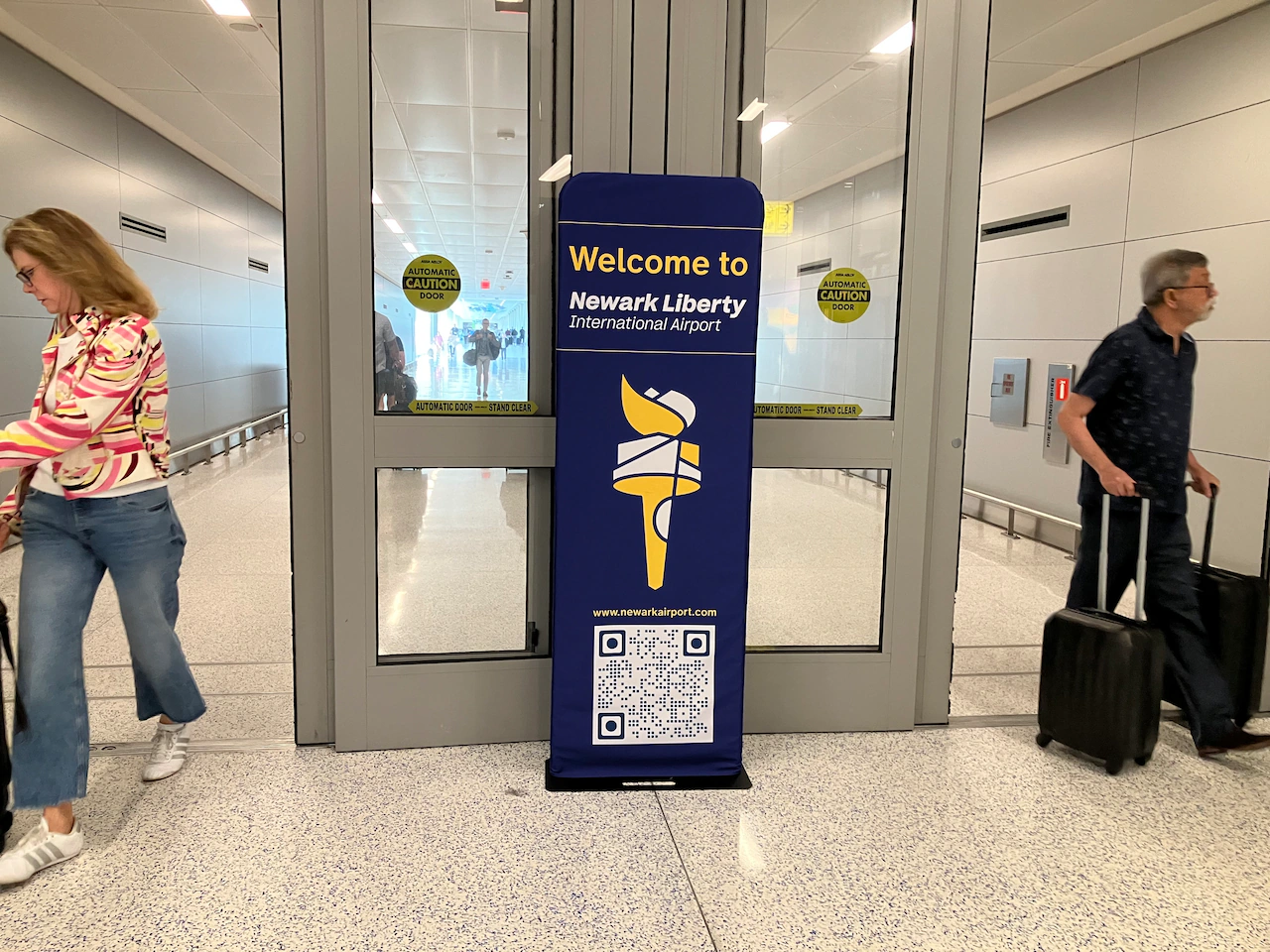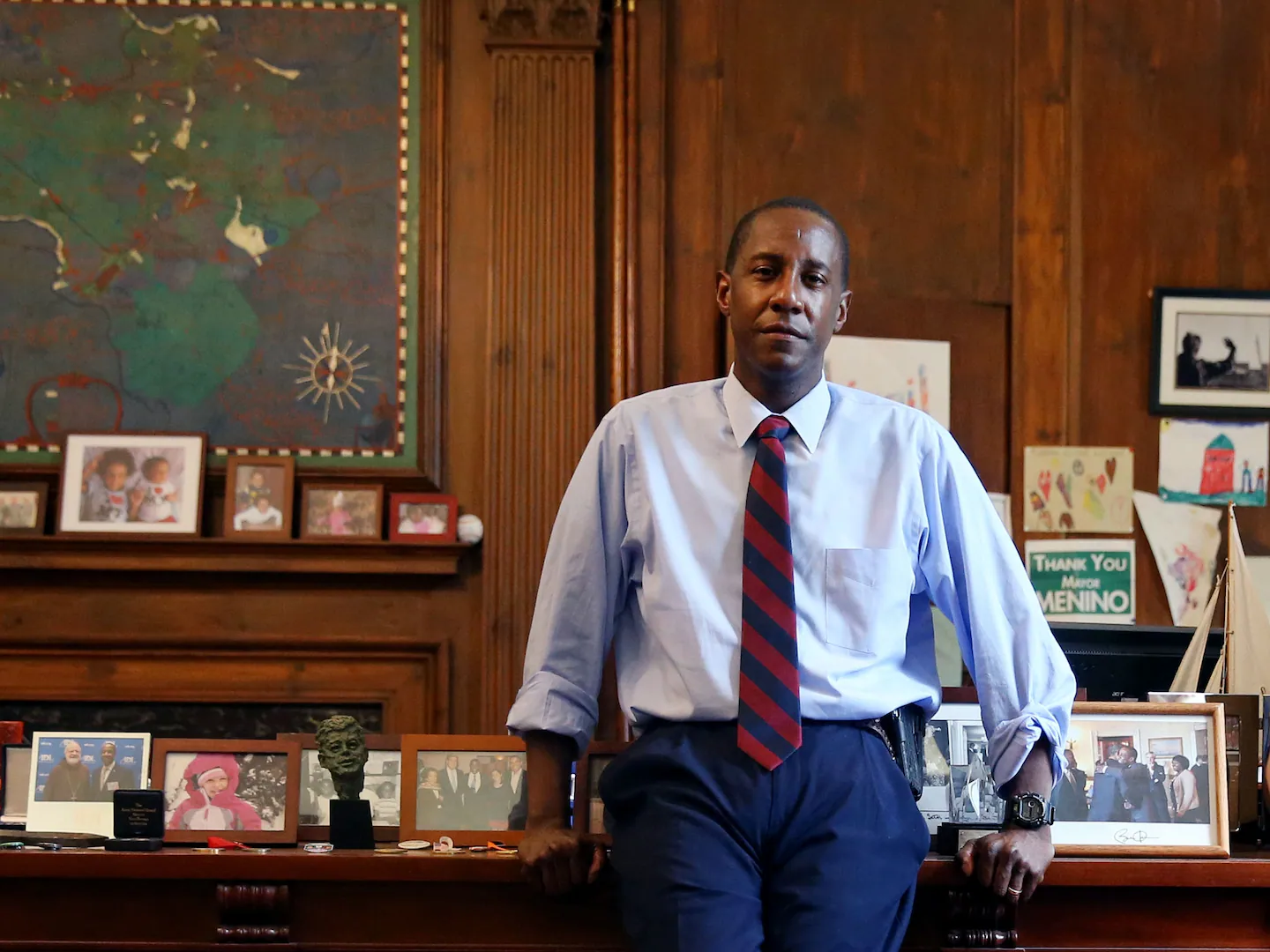Copyright NJ.com

Newark Liberty International Airport, Teterboro and major New York airports are among 40 airports where flight reductions are scheduled to start with a gradual phase-in on Friday, federal officials announced. The 10% flight reductions are one of several changes announced in an emergency order by U.S Transportation Secretary Sean Duffy on Thursday evening. Effects of the reductions were showing at Newark Liberty Airport Friday morning, where the number of canceled flights had nearly doubled compared to an earlier point, according to FlightAware. Nationally, Newark Airport had the fourth highest number of cancelations in the nation Friday morning, according to FlightAware But travelers won’t feel the effect of the full 10% cutback until Nov. 14. The reductions will be phased in over the coming week starting with a 4% reduction on Friday, increasing to 6% by Nov. 11, and 8% by Nov. 13 before capping at 10% by Nov. 14. Several airlines, including United and Delta, said they have already adjusted flight schedules for the weekend. United listed the canceled flights for the weekend on its website, JFK, LaGuardia and Philadelphia international airports also are among those considered “high-volume markets” that the reductions are targeted at. Airlines will be required to issue full refunds if travelers don’t want to fly, but will not be required to cover secondary costs because the canceled flights are beyond a carrier’s control, officials said. While the reductions are tied to the federal government shutdown that is now in its 38th day, Duffy said the reductions are about safety and not political retaliation against Democrats over the federal budget. “Our number one job is safety. This isn’t about politics, it’s about assessing the data and alleviating building risk in the system as controllers continue to work without pay,” Duffy said in a statement. Air Traffic Controllers are among the workers deemed essential who have missed a pay check, along with TSA security officers. “It’s safe to fly today, and it will continue to be safe to fly next week because of the proactive actions we are taking,” he said. The actions were based on an FAA’s review of aviation safety data, including voluntary, confidential safety reports that pilots and air traffic controllers file. The data indicates increased stress on the system, which increases risk. “We are seeing signs of stress in the system, so we are proactively reducing the number of flights to make sure the American people continue to fly safely,” Bryan Bedford, FAA administrator, said in a statement. “The FAA will continue to closely monitor operations, and we will not hesitate to take further action to make sure air travel remains safe.” Staffing issues at air traffic facilities across the country have been increasing, resulting in 2,740 delays at various airports including Newark this past weekend. Decisions to increase or decrease these flight reductions will be based on safety data. The order does not require a reduction in international flights and airlines may use their discretion to decide which flights are canceled to reach the order’s goal. Airlines advised travelers to check their flight status before coming to the airport. Airline executives were briefed Wednesday on the list of the nation’s highest trafficked airports selected for flight reductions. United Airlines CEO Scott Kirby said customers will be offered refunds and rebooking options, but reiterated that the airlines expects to fly 4,000 daily flights. American Airlines also said it will issue a waiver that travelers on affected flights won’t be charged change fees or request a refund. Delta Airlines flyers using the affected airports may change, cancel or refund their flights, including those who booked with Delta Main Basic fares, without penalty during flight reduction period. United is Newark Airport’s largest carrier and is a hub for the airline. Of the more than 280,000 total commercial flights at Newark this year, nearly 189,000 were United domestic and international flights. United’s long-haul international flights and its hub-to-hub flying will not be impacted by the flight reductions, Kirby said in a letter to employees. The timing also coincides with the start of the busy Thanksgiving air travel season, just three weeks away. The situation has prompted travel and airport trade groups to raise concerns and urge Congress to reach a budget agreement to reopen the federal government. Last year over 20 million passengers took flights in the United States during the holiday season, according to the association. But Kirby countered that the reduction actually coincides with when United has more available seats for holiday travelers. “Because of the early November timing, our flights have more seats available than before the summer, meaning we should be able to find seats for many customers even if their flight is canceled,” he said. This will be the third flight reduction Newark Airport has seen this year. A series of frightening outages at the air traffic control center handling flights to and from the airport in the spring, combined with an ongoing paving and rehabilitation project on a main runway led to the FAA to reduce the hourly flight volume at Newark. While the FAA has slightly increased the number of hourly departures and arrivals from 68 to 72, that cap remains in place until October 2026.



